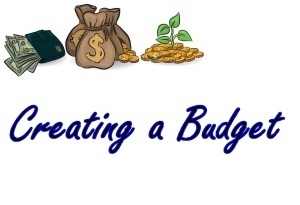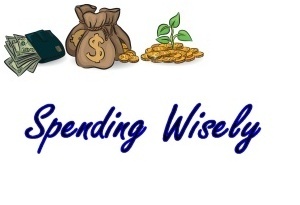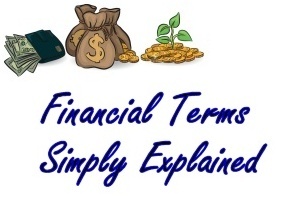
|
Financial Literacy for Kids - Lessons, Worksheets and Activities
It is never too early to learn about money. The earlier kids and teens learn how to handle their money wisely and begin to set savings goals, the better off they will be in the future. These lessons are designed to help kids and teens become financially literate so they can grow up to be strong spenders and savers. Hands-on activities and worksheets take kids and teens through the process of identifying their needs vs. their wants, creating a budget and coming up with creative ways to earn money. The lessons also help them become financially smart, learning how to avoid frauds and scams and not fall prey to the tricks advertisers play.
With these lessons, kids and teens will learn how to make the most of their money, find ways to earn more money and start saving for some of their wants and needs. The goal is to help kids and teens learn money at an early age.
Creating a Budget

One of the first steps to gaining control over your money is creating a budget. Whether you have $50 or $500 a month to spend, you can create a budget.
This lesson takes you through questions and activities to help you create your first budget and make sure you know where your money is going.
Once you have a plan for your money, you can start spending it wisely.
|
|
All that Glitters is Not Gold
(Spending Wisely)

Companies have one goal - getting you to buy their products – and they will do almost anything to reach that goal. This includes exaggerating their products, holding promotions that seem too good to be true (and usually are) and trying to convince you that their products are the best.
This lesson helps you understand the tricks they use and learn to make better decisions when it comes to spending your money.
|
Earning Money

In order to spend and save money, you have to have money. While most kids and teens cannot get a traditional job, there are still a lot of ways to help them earn money. Use these activities to come up with unique ways to boost your income.
The activities help you find a job, start your own business and even discover how to make money by selling things you own.
|
|
Needs vs. Wants

When it comes to spending money, items can typically be divided into two categories: needs and wants. Learning how to tell the difference between a need and a want can help you manage your money wisely.
This lesson takes you through questions to help determine if the items you want are needs or wants and takes you through exercises to make sure you are making the most of your money.
|
Saving Money

Saving money is important, but it is often easier said than done.
In this lesson, you will learn easy ways to save money and answer questions to connect those ways of saving money to your own life.
You will also discover some of the benefits of saving money, helping you understand the importance of saving and why it should be a priority while you are young.
|
|
Avoiding Frauds and Scams

There are always people trying to get your money. This lesson focuses on the rule of “if it’s too good to be true, it probably is” and teaches you how to avoid becoming a victim of frauds and scams.
You will learn about some common types of scams to avoid, as well as how to keep yourself safe from identity theft.
|
Financial Terms Simply Explained

Learning about financial literacy can be confusing, especially with all the finance terms that are thrown around.
This lesson provides an overview of some of the most common financial terms, giving simple definitions that virtually anyone can understand. Exercises will help you learn these terms and also see how they relate to your own life.
Once you know what these terms mean, you can focus more on being financially smart.
|
|
|
|
|
|
